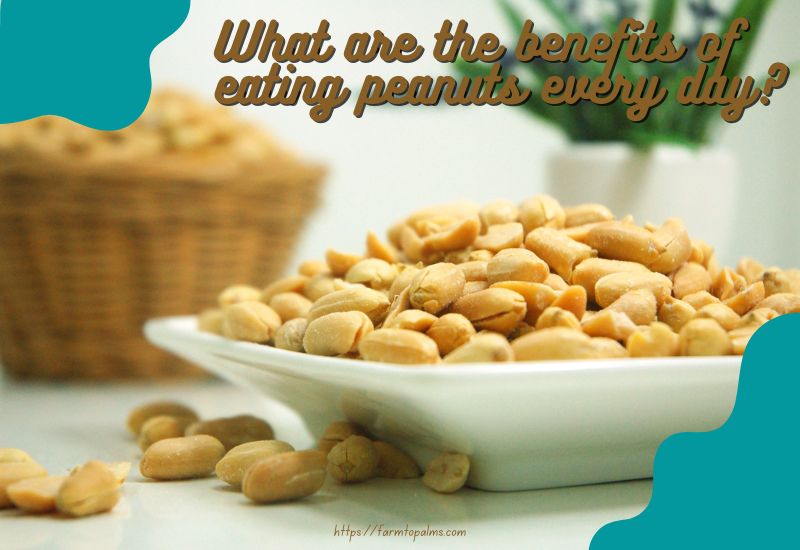With their rich flavor and versatility, Peanuts are not only a tasty snack but also a nutritional punch. Incorporating peanuts into your daily diet can offer a range of health benefits, from supporting heart health to providing essential nutrients. This comprehensive guide delves into the advantages of making peanuts a regular part of your daily eating habits.
Nutrition facts
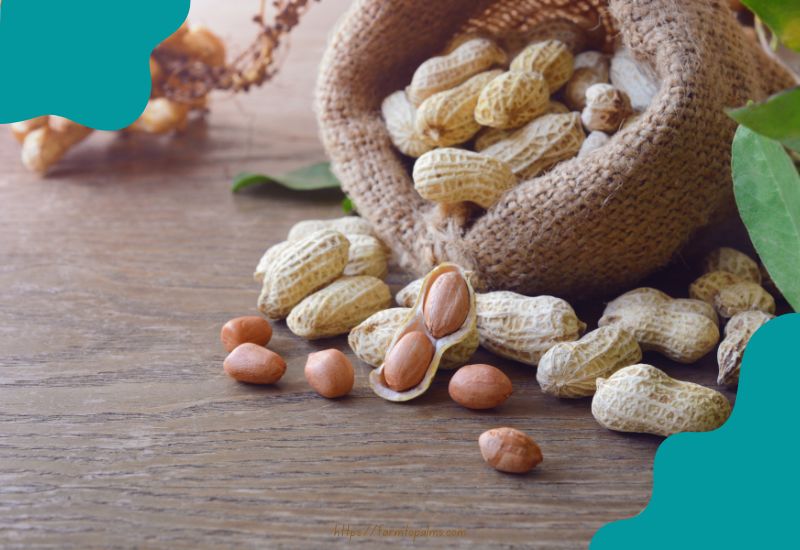
| Nutrition Facts for Raw Peanuts (Per 100g) | Amount |
|---|---|
| Calories | 567 |
| Water | 7% |
| Protein | 25.8g |
| Carbs | 16.1g |
| Sugar | 4.7g |
| Fiber | 8.5g |
| Fat | 49.2g |
| Saturated Fat | 6.28g |
| Monounsaturated Fat | 24.43g |
| Polyunsaturated Fat | 15.56g |
| Omega-3 Fatty Acids | 0g |
| Omega-6 Fatty Acids | 15.56g |
| Trans Fat | 0g |
Peanuts are high in fat, mainly mono- and polyunsaturated fatty acids. They are often used to make peanut oil.
Peanuts are an excellent plant-based source of protein, but some individuals may have severe allergic reactions to specific proteins in peanuts.
Low in carbs, peanuts have a minimal impact on blood sugar levels, making them a good choice for people with diabetes.
Rich in various vitamins and minerals, peanuts provide essential nutrients like biotin, copper, niacin, folate, manganese, vitamin E, thiamine, phosphorus, and magnesium.
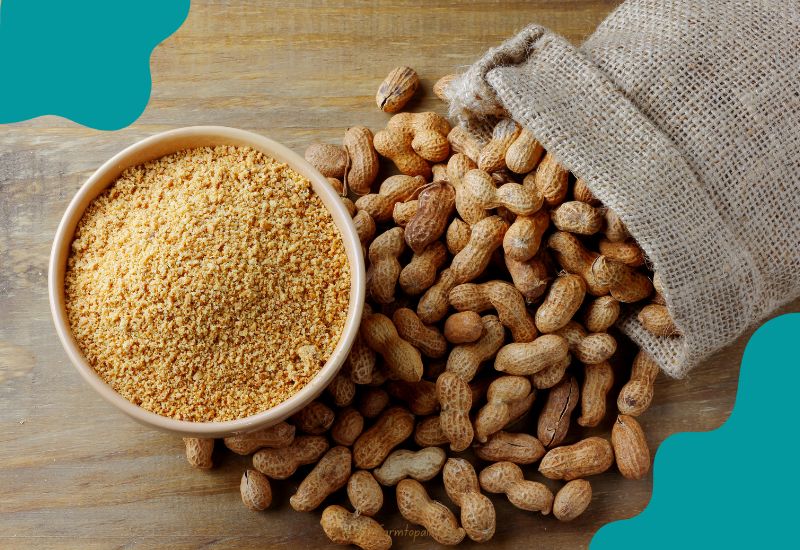
Peanuts contain antioxidants and plant compounds like coumaric acid, resveratrol, isoflavones, phytic acid, and phytosterols.
Studies suggest that despite being high in fat and calories, peanuts can aid in weight maintenance and may even promote weight loss.
Consuming peanuts is linked to heart health benefits and may help prevent gallstones.
Potential concerns include:
- Aflatoxin contamination.
- Antinutrients like phytic acid reduce nutrient absorption.
- The risk of severe allergic reactions in some individuals.
Benefits of Eating Peanuts Every Day
Rich Source of Nutrients
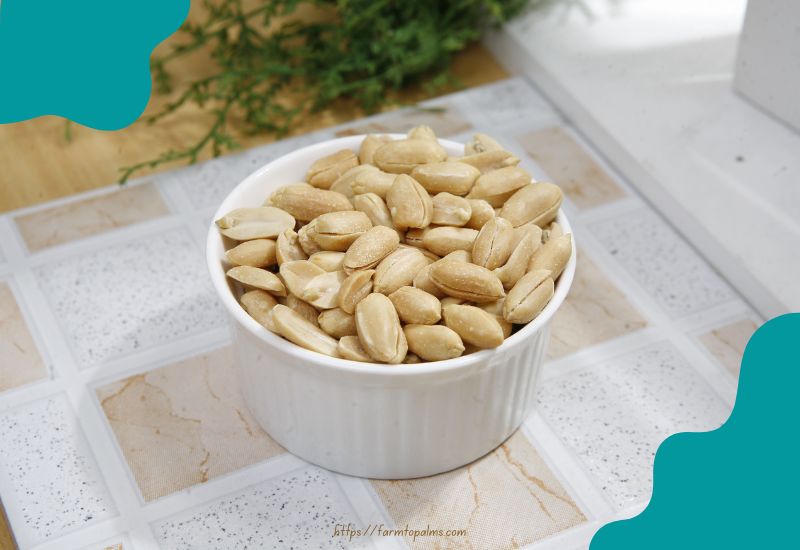
Peanuts are nutrient-dense, meaning they provide substantial essential nutrients with relatively few calories. They are a good source of protein, healthy fats, fiber, and various vitamins and minerals, making them a well-rounded addition to your diet.
Heart Health
Consuming peanuts regularly has been associated with cardiovascular health advantages. Peanuts contain monounsaturated and polyunsaturated fats, which are heart-healthy fats. These fats can help lower harmful cholesterol levels, reducing the risk of cardiovascular diseases.
Antioxidant Properties
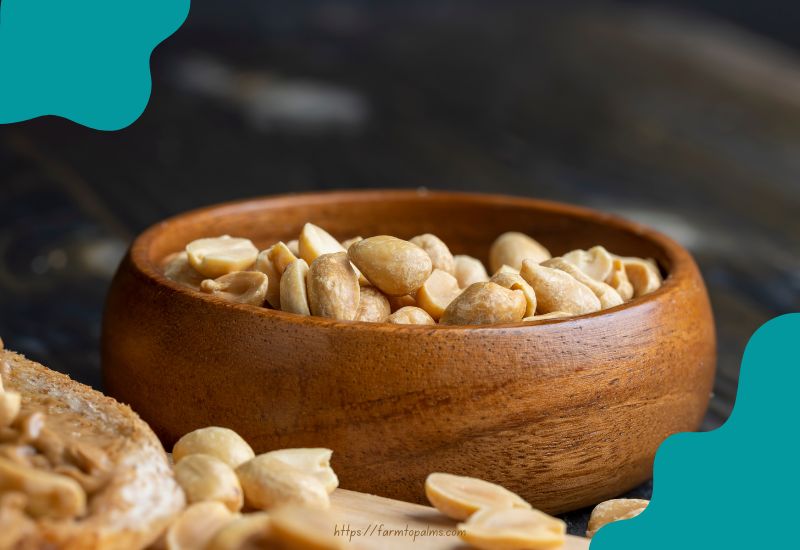
Peanuts are rich in antioxidants, including resveratrol, known for its potential heart-protective effects. Antioxidants help combat oxidative stress in the body, which is associated with aging and various chronic diseases.
Weight Management
Contrary to the misconception that nuts contribute to weight gain, including peanuts in a balanced diet may aid in weight management. The blend of protein, fiber, and beneficial fats found in peanuts may enhance satiety levels, potentially leading to a decrease in total calorie consumption.
Blood Sugar Control

The fiber content in peanuts can play a role in managing blood sugar levels. Fiber slows down sugar absorption, helping maintain more stable blood sugar levels. This can be especially advantageous for individuals with diabetes or those susceptible to developing the condition.
Nutrient Absorption
Peanuts contain biotin, a B vitamin that plays a crucial role in nutrient metabolism. Biotin aids in converting food into energy and supports skin, hair, and nail health. Regular consumption of peanuts can contribute to overall nutrient absorption and utilization.
Muscle Health
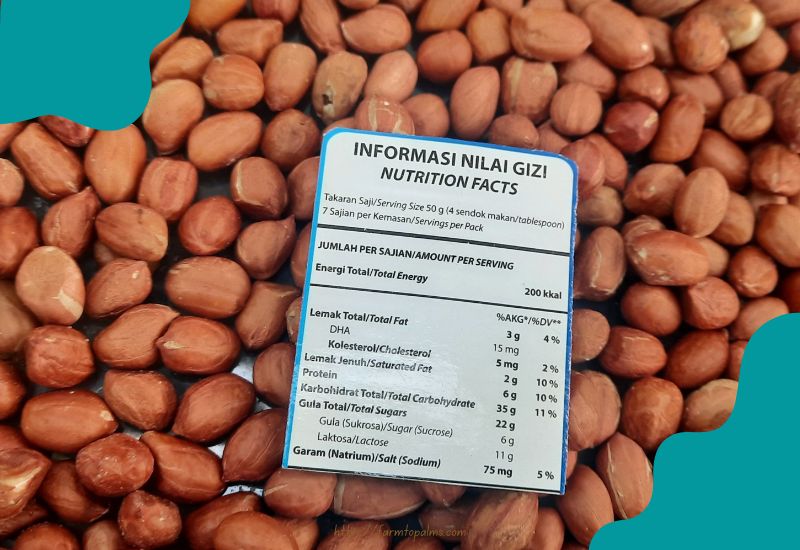
Protein is essential for maintaining and building muscle mass, and peanuts are an excellent plant-based source of protein. Including peanuts in your diet can benefit individuals who follow vegetarian or vegan lifestyles.
Cognitive Function
Peanuts contain nutrients such as niacin and folate, essential for brain health. Niacin plays a role in cognitive function, while folate is crucial for developing the nervous system. Including peanuts in your diet may contribute to overall brain health.
Convenient and Versatile

One of the practical benefits of peanuts is their convenience and versatility. They can be easily incorporated into various dishes, from snacks and salads to main courses and desserts. This makes it easy to enjoy their nutritional benefits in multiple ways.
Incorporating peanuts into your daily dietary regimen can provide many health advantages, from promoting cardiovascular wellness to aiding in weight control and enhancing nutrient uptake. As with any food, moderation is vital, and it’s essential to consider individual dietary needs and potential allergies. Including a variety of nutrient-rich foods in your diet, including peanuts, contributes to a well-rounded and nourishing approach to eating.
Explore the wholesome goodness of peanuts by incorporating them into your daily diet! Head to Farm to Palms supermarket today and pick up a variety of peanuts to elevate your meals with their rich flavor and nutritional benefits.
From heart-healthy fats to essential nutrients, peanuts offer a range of advantages that can support your overall well-being. Take advantage of this opportunity to enhance your diet with the versatile and convenient goodness of peanuts available at Farm to Palms!

